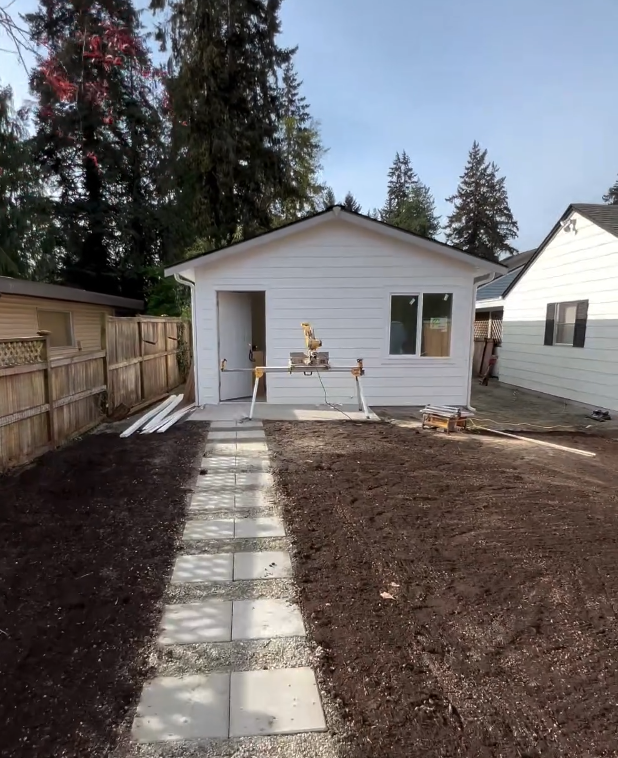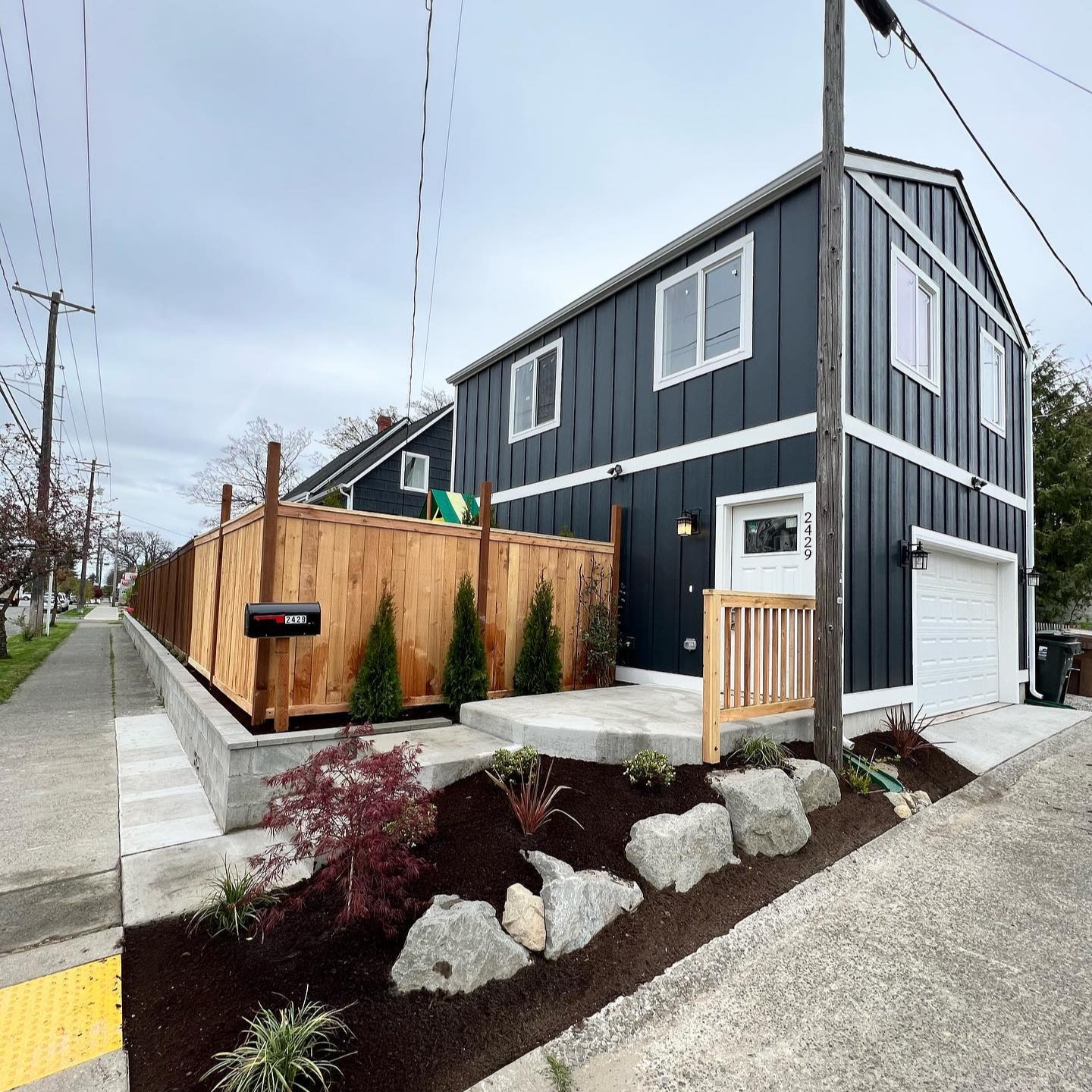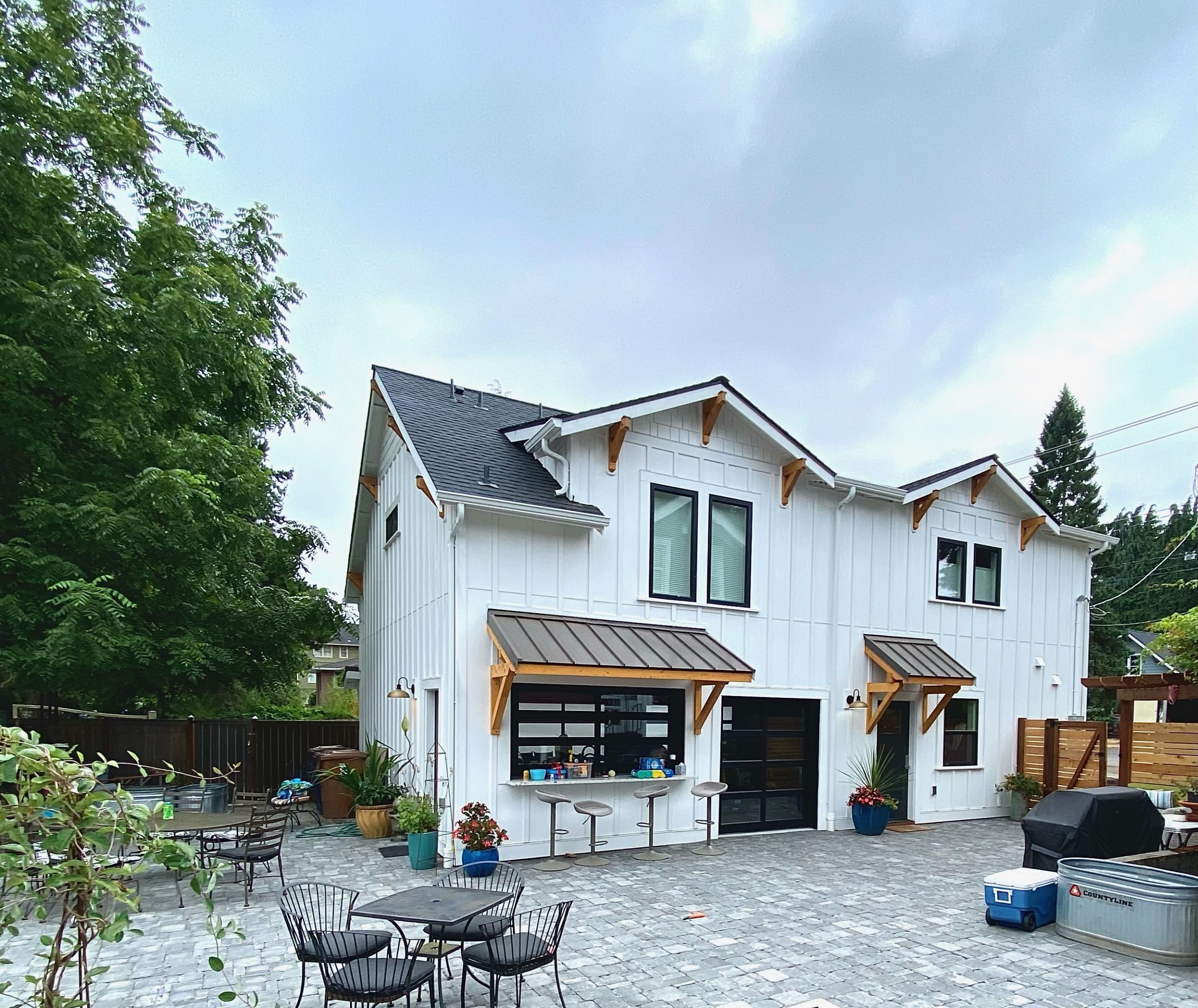Exploring University Place DADU, New Code
In the realm of urban planning and housing policies, one of the most critical challenges facing many municipalities is accommodating population growth while preserving the integrity of existing neighborhoods. In recent years, accessory dwelling units (ADUs) have emerged as a promising solution to address housing shortages, promote affordability, and foster multi-generational living arrangements. In this vein, the city of University Place, Washington, has taken a significant step forward with its updated Detached Accessory Dwelling Unit (DADU) code, offering a new pathway for sustainable development and community enrichment.
Understanding DADUs
Before delving into the specifics of University Place’s revised DADU code, it’s essential to grasp the concept of accessory dwelling units. ADUs, also known as granny flats, in-law suites, or backyard cottages, are secondary housing units located on the same property as a primary residence. These units can be either attached to the main dwelling or detached, depending on local regulations and individual preferences.
ADUs hold immense potential to address various housing needs, including providing affordable rental options, accommodating aging parents or adult children, and enabling homeowners to generate supplemental income. Furthermore, they offer a more sustainable and efficient use of land by intensifying development in established neighborhoods without substantially altering their character.
The Evolution of DADU Policies in University Place
University Place, a picturesque city nestled along the shores of Puget Sound in Pierce County, Washington, has been proactive in embracing ADUs as part of its housing strategy. Recognizing the benefits of ADUs in promoting housing diversity and affordability, the city has periodically updated its regulations to facilitate their development.
In recent years, University Place underwent a comprehensive review of its DADU code with the aim of streamlining the permitting process, reducing barriers to construction, and encouraging greater ADU proliferation. The result of this effort is a revised set of regulations that strikes a balance between fostering ADU development and preserving neighborhood character and livability.
Key Highlights of University Place’s New DADU Code
- Streamlined Permitting Process: The updated DADU code in University Place simplifies the permitting process, making it easier for homeowners to add ADUs to their properties. By reducing bureaucratic hurdles and expediting approvals, the city aims to encourage more residents to consider ADUs as a viable housing option.
- Increased Allowable Sizes: Under the new regulations, University Place has expanded the allowable size limits for DADUs, providing homeowners with greater flexibility in designing and constructing these units. The increased size thresholds enable ADUs to better accommodate the diverse needs of residents, whether for rental income, multi-generational living, or home offices.
- Parking Requirements: Recognizing the importance of parking availability in residential neighborhoods, the revised DADU code includes provisions to address parking concerns associated with ADU development. While parking requirements vary depending on the specifics of each property and its location, the city has implemented measures to mitigate potential parking impacts.
- Design Guidelines: University Place has established design guidelines to ensure that newly constructed DADUs complement the existing architectural character of neighborhoods while still allowing for creativity and innovation in design. These guidelines promote harmonious integration of ADUs into the built environment, enhancing overall neighborhood aesthetics and cohesion.
Implications and Benefits
The implementation of University Place’s new DADU code holds several implications and benefits for both homeowners and the broader community:
- Housing Affordability: By facilitating the creation of additional housing units, particularly in high-demand areas, the revised DADU code contributes to increasing housing affordability and accessibility for residents of University Place.
- Income Generation: Homeowners can leverage ADUs as a source of supplemental income through rental opportunities, thereby enhancing their financial stability and resilience.
- Community Cohesion: ADUs promote intergenerational living arrangements and foster stronger community ties by accommodating extended family members or providing housing options for caregivers, students, or young professionals.
- Environmental Sustainability: ADUs support sustainable development practices by utilizing existing infrastructure and minimizing sprawl, thereby reducing the carbon footprint associated with new construction.
Conclusion
University Place’s updated DADU code represents a progressive approach to addressing housing challenges while promoting sustainable growth and community resilience. By removing barriers to ADU development and incentivizing their construction, the city demonstrates its commitment to fostering inclusive, vibrant neighborhoods that meet the evolving needs of residents. As other municipalities grapple with similar housing issues, the lessons learned from University Place’s experience serve as a valuable blueprint for enacting effective policies that balance growth with livability and affordability.



